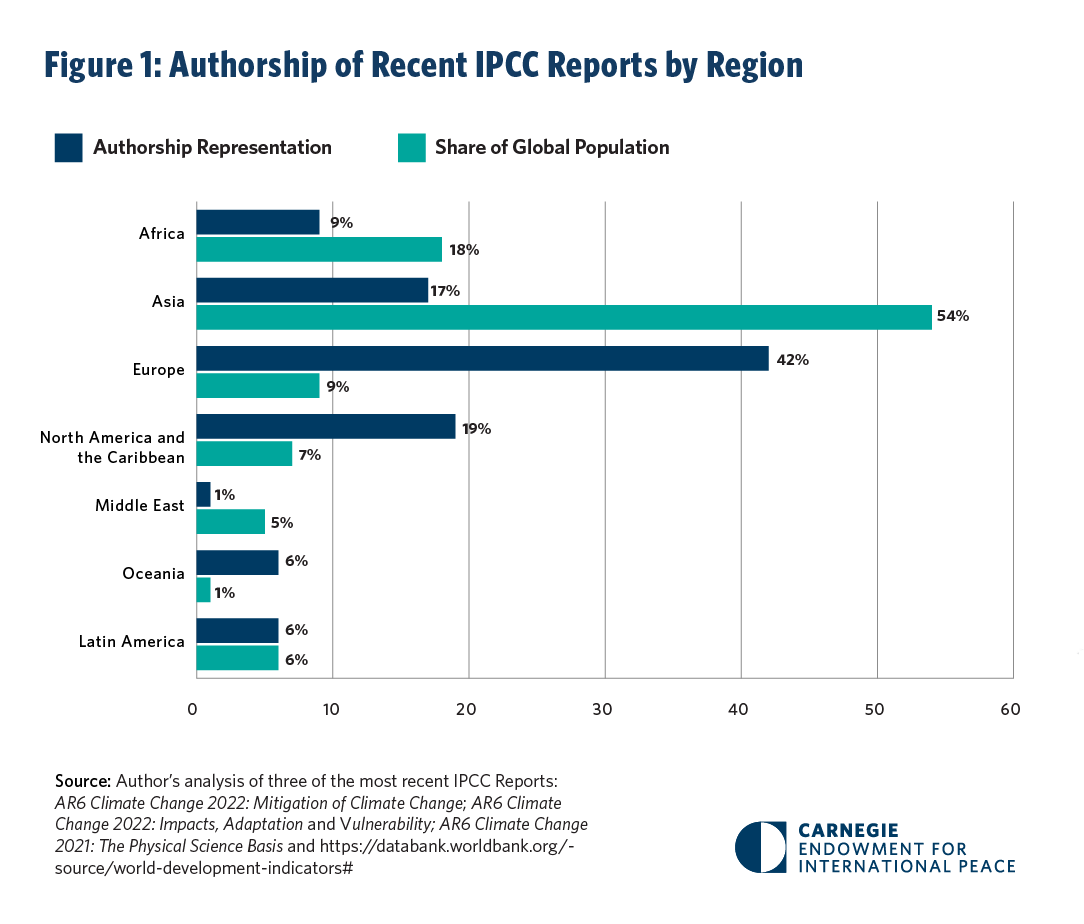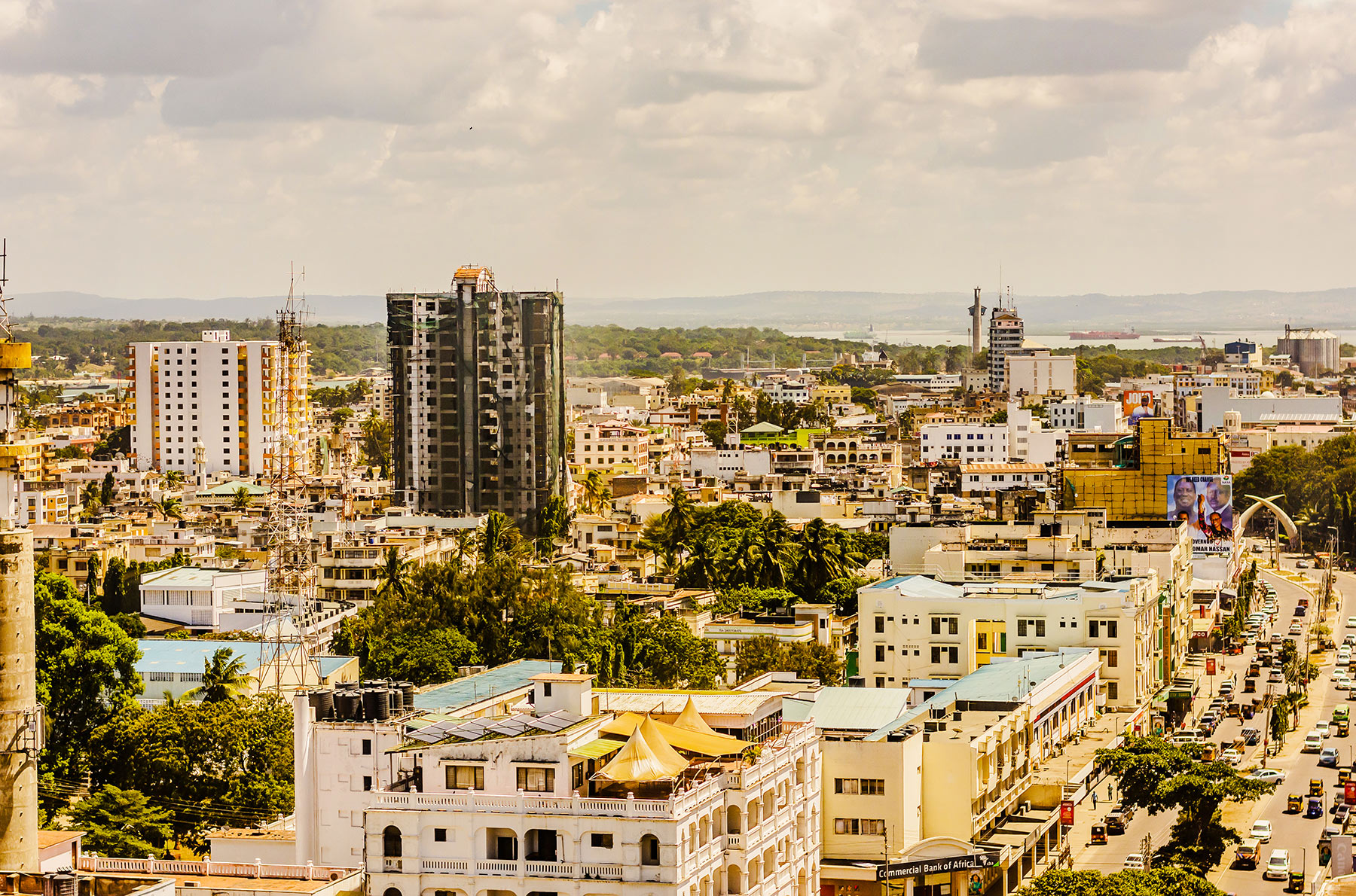SEPTEMBER 2023
Hello friends,
It was definitely an eventful summer for the African continent. At the just-concluded G20 Summit in New Delhi, the African Union was welcomed as the newest member of the group. This landmark inclusion of the pan-African organization representing 55 countries and nearly 1.5 billion people gives the G20 more legitimacy in coordinating global economic governance. This issue of African representation is even more crucial as new fora—such as the BRICS group that recently announced an expanded membership at its summit in South Africa—are visibly questioning the legitimacy of exclusive decision-making in the prevailing institutions of global governance.
Indeed, supporting A.U. membership in the G20 was one of the key commitments made by President Joe Biden during the U.S.-Africa Leaders Summit in December 2022. We will discuss the G20, the BRICS Summit, and more in a public event that takes stock of progress in implementing the “U.S. Strategy Toward Sub-Saharan Africa” on September 26. You can register to attend the event here. (Speakers include the architect of the strategy and Senior Director for Africa at the National Security Council Judd Devermont, the U.S.-Africa Leaders Summit implementation Tzar Ambassador Johnnie Carson and Tanzania’s Ambassador to the United States, Elsie S. Kanza, among others).
To harness the full benefits of this G20 membership, the African Union must take important steps to identify mechanisms for its representation at the Forum and ways to continuously develop consensus among African countries on issues that are key such as climate finance, global trade, global taxation, the energy transition etc.
Indeed, there is some progress in developing a common Africa position on climate action. The first ever Africa Climate Summit was hosted in September in Nairobi under the leadership of Kenya’s president, William S. Ruto. There were serious setbacks including accusations and protests over perceptions that the host surrendered the ACS agenda to foreign donors and consulting firms, the poor turnout of African Heads of States (only 17 out of 55 attended in-person) and behind-the-scenes wrangling on the final text of the communique. Nevertheless, the “Nairobi Declaration” marks an important first step in synthesizing the various positions of participating African countries on climate action and a just energy transition in the run up to COP28 in Dubai.
Speaking of COP28 and climate action, our chart of the month shows a stark and persistent discrepancy in the geographical representation of the authorship of reports published by the United Nations’ Intergovernmental Panel on Climate Change (IPCC). Across a number of IPCC reports examined by Alexander Csanadi, authors from Africa (as well as Asia and the Middle East) are severely underrepresented compared to their population sizes. Authors from Europe (42%) in particular and to an extent those from North America and the Caribbean (19%) are overrepresented, however. As these reports often define the contours of the scientific and policy debate on climate change, it will be crucial to ensure that expertise from regions facing the most acute risks is more fully reflected in IPCC analyses. To that effect, do check out the African Climate Research Organizations database, our own modest contribution to identifying African technical expertise.
Lastly, we are monitoring the aftermath of the earthquake in Morocco, and our thoughts and prayers are with the nation as they rebuild from this massive loss of life and property.
As we step into the busy Fall period, be on the lookout for upcoming publications and events. As always, sign up for our newsletter, share within your networks and follow us on X, formerly known as Twitter.
Sincerely,
Zainab Usman
Director, Carnegie Africa Program
CHART OF THE MONTH

September 2023 Chart of the Month
FEATURES
Ensuring equitable representation is critical for success both in the scientific process and in policymaking. Alexander Csanadi
How the crisis has rippled through the country, the region, and the world. Gilles Yabi
The U.S.-DRC-Zambia memorandum of understanding demonstrates how the United States aims to counter China and bolster its clean energy supply chains by deepening ties with African nations. Yet how distinct is the U.S. approach from the Chinese approach to such deals? Folashadé Soulé
Tune in to watch Zainab Usman’s conversation with Al Jazeera exploring the African Union’s prospective G20 membership during the summit in India. Zainab Usman
DEVELOPMENTS ON OUR RADAR
- Joint Statement from the United States and the European Union on Support for Angola, Zambia and the Democratic Republic of the Congo’s commitment to Further Develop the Lobito Corridor and the U.S.-EU Launch of a Greenfield Rail Line Feasibility Study [The White House]
- Nigeria: Passengers celebrate as Lagos metro rail project begins operations [Africa News]
- Coup d’état in Niger: Is the Niamey-Cotonou corridor a lost cause? [The Africa Report]
- Ethiopia completes final filling of Grand Ethiopian Renaissance Dam [African Business]
- Kenya’s Film Classification Board Asks TikTok to disable live feature in Kenya [The Standard]
